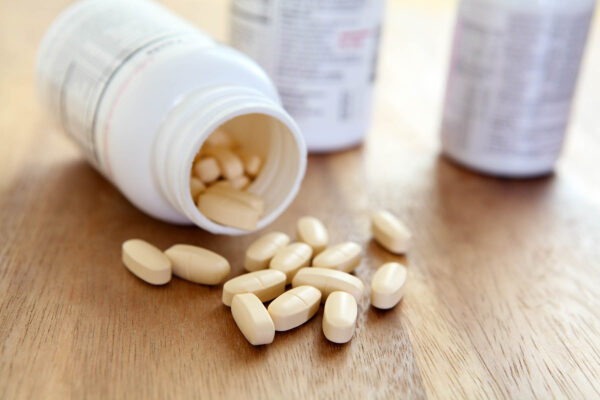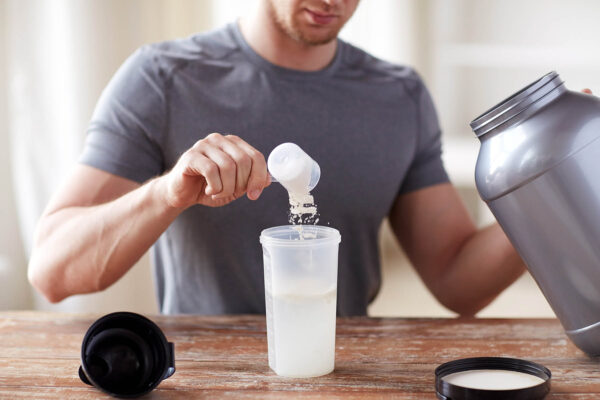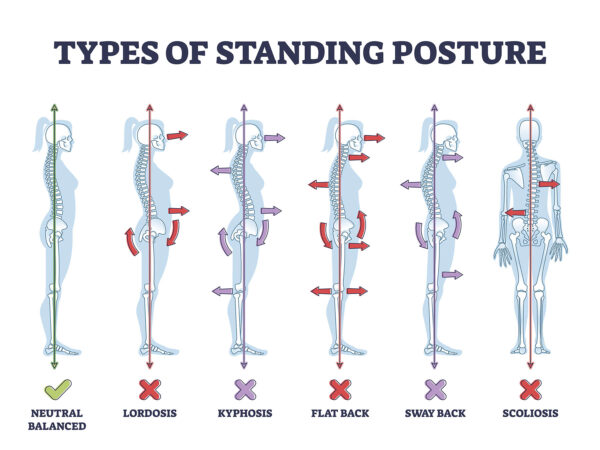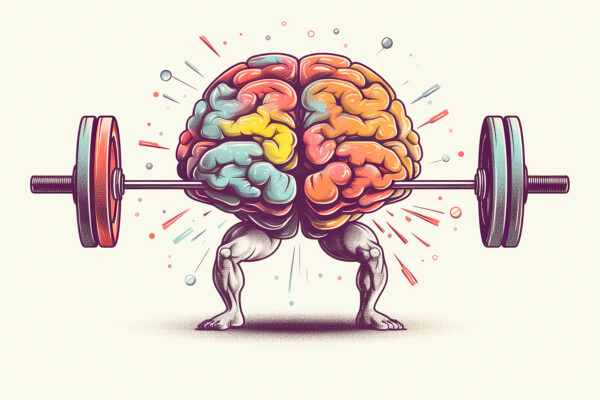The Symbiotic Relationship Between Sleep and Muscles
The relationship between sleep and muscle growth is intricate and multifaceted. When we think of building muscles, we often focus on workouts, protein intake, and other nutritional aspects. However, sleep is a fundamental pillar in this equation. It’s during deep sleep that our body primarily repairs, recovers, and grows. The synthesis of protein happens at a faster rate during sleep, facilitating muscle repair and growth. Without adequate rest, all the hard work put in during workouts might not yield the desired results.
Hormonal Dynamics During Sleep
Sleep triggers the release of various hormones essential for muscle recovery and growth. The most notable of these is human growth hormone (HGH). During the deep stages of sleep, the secretion of HGH peaks. This hormone plays a pivotal role in muscle growth, fat metabolism, and the repair of tissues. Conversely, sleep deprivation can lead to elevated cortisol levels, a stress hormone that can impede muscle growth and can lead to other health complications.
Recovery: More Than Just Muscle Repair
While muscle repair is vital, recovery encompasses more. Adequate sleep ensures proper cognitive function, emotional well-being, and optimal physical performance. When an individual consistently gets good sleep, they are more likely to have better focus, mood, and energy during their workouts. This not only optimizes the training session but also reduces the risk of injuries.
REM Sleep: A Critical Phase
Rapid Eye Movement (REM) sleep is a crucial phase in our sleep cycle. This stage plays a pivotal role in cognitive functions like memory processing. However, it’s also beneficial for muscle recovery. During REM sleep, blood flow to the muscles increases, leading to better oxygen and nutrient delivery. This augmented circulation facilitates faster and more effective muscle recovery.
Sleep Duration vs. Sleep Quality
While the recommended sleep duration for adults ranges between 7 to 9 hours, quality is as crucial as quantity. Deep, uninterrupted sleep provides the body with the best environment for muscle recovery. Factors that can influence sleep quality include the sleep environment, caffeine intake, screen time before bed, and stress levels. Ensuring a conducive sleep environment and good sleep hygiene practices can significantly impact muscle recovery and growth.
The Consequences of Sleep Deprivation
Neglecting sleep can have dire consequences for muscle growth and overall health. Chronic sleep deprivation can lead to reduced muscle mass, decreased strength, longer recovery times, and increased susceptibility to injuries. Furthermore, lack of sleep can hamper motivation, mood, and energy levels, making workouts feel more strenuous and less effective.
Tips for Enhancing Sleep for Muscle Recovery
Ensuring quality sleep should be a priority for anyone serious about muscle growth and recovery. Here are some actionable tips:
- Maintain a consistent sleep schedule, even on weekends.
- Limit caffeine and alcohol intake, especially in the hours leading up to bedtime.
- Keep the bedroom cool, dark, and quiet.
- Consider supplements like magnesium or melatonin, but consult with a healthcare professional first.
- Engage in relaxation techniques like meditation or reading before bed.
Listening to Your Body
It’s paramount to listen to your body and understand the signals it sends. If you’re feeling perpetually fatigued, taking longer to recover, or finding workouts more challenging than usual, it might be an indication of inadequate sleep. Recognizing these signs early and making necessary adjustments to your sleep routine can make a profound difference in muscle growth and overall well-being.







